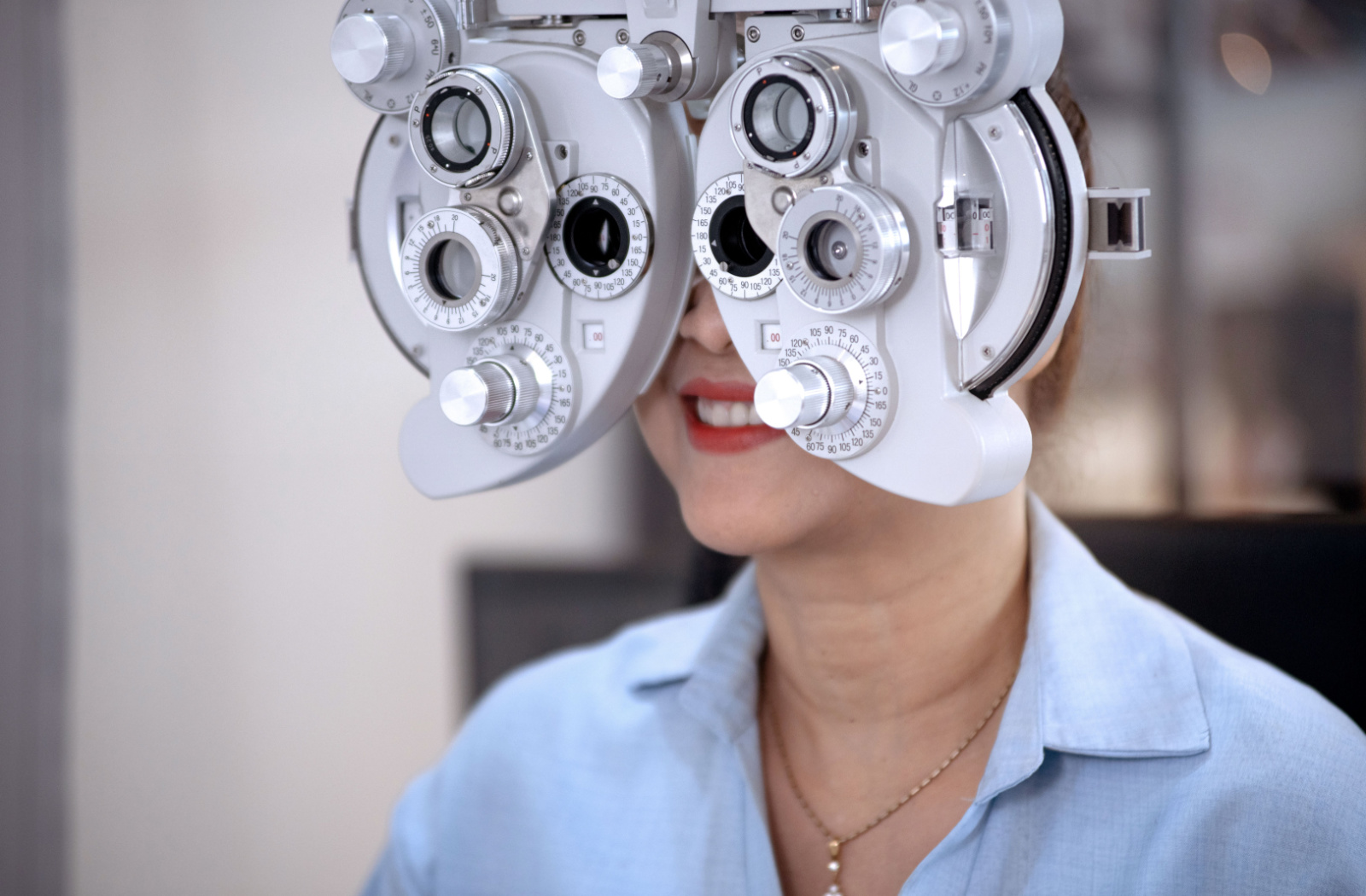All Categories
Featured
Table of Contents
- – 1. Modifications in Vision High Quality.
- – 2. Constant Eye Fatigue.
- – 3. Migraine Headaches or headaches.
- – 4. Boosted Sensitivity to Light.
- – 5. Modifications in Outer Vision.
- – 6. Sudden Onset of Drifters or Flashes of Light.
- – 7. Problem with Evening Vision.
- – 8. Family Members Background of Eye Conditions.
- – Conclusion.
Vision is an essential aspect of life, influencing everything from analysis and driving to delighting in time with family and pals. Normal eye examinations are important for keeping good eye health and stopping vision problems. Numerous people are uninformed of the indications that suggest it's time for an eye exam. Recognizing these signs early can help make sure timely intervention and much better overall wellness. Below are some essential indications that you may need to schedule an eye exam.
![]()
Floaters-- tiny flecks or strings that drift throughout your vision-- are usually safe and usual. Nonetheless, if you all of a sudden observe a rise in advances or the appearance of flashes of light, it might show a more severe issue with the retina. This warrants prompt examination by an eye care specialist to dismiss problems such as retinal tears or detachment.
1. Modifications in Vision High Quality.
If you observe any changes in your vision high quality, it might be time to see an eye treatment expert. This includes experiencing blurred vision, seeing halos around lights, or problem concentrating on objects. Such modifications can indicate refractive mistakes (like nearsightedness or astigmatism), cataracts, or other underlying conditions. Also minor adjustments in your vision ought to be attended to quickly, as they may intensify with time if left without treatment.2. Constant Eye Fatigue.
In our digital age, many individuals experience eye exhaustion or stress from long term display time, which can result in signs and symptoms like irritability, inflammation, and dry skin. If you find that your eyes really feel tired after using a computer system or mobile phone, it might be an indicator that you need to readjust your screen time habits or that your prescription requires updating. An eye test can provide remedies tailored to your specific requirements, consisting of referrals for glasses designed for electronic use.3. Migraine Headaches or headaches.
Experiencing frequent headaches or migraines can typically be connected to vision issues. Eye pressure from difficulty concentrating can set off stress frustrations. If you notice that your headaches accompany activities that need aesthetic concentration, such as reading or operating at a computer system, it's necessary to speak with an eye care expert. They can evaluate whether your frustrations belong to vision issues and recommend proper treatment alternatives.4. Boosted Sensitivity to Light.
It may indicate underlying eye issues if you locate on your own progressively sensitive to light or have difficulty changing to modifications in lights. Level of sensitivity to light can be a sign of different conditions, including cataracts, completely dry eyes, or migraines. An eye test can help identify the source of this level of sensitivity and deal remedies to alleviate discomfort.5. Modifications in Outer Vision.
Noticing modifications in your field of vision, such as difficulty seeing items on the sides or a gradual loss of side vision, can be an indicator of severe eye problems, including glaucoma or retinal detachment. It is essential to look for prompt clinical focus to prevent prospective vision loss. if you experience any kind of abrupt adjustments in your peripheral vision.6. Sudden Onset of Drifters or Flashes of Light.

Floaters-- tiny flecks or strings that drift throughout your vision-- are usually safe and usual. Nonetheless, if you all of a sudden observe a rise in advances or the appearance of flashes of light, it might show a more severe issue with the retina. This warrants prompt examination by an eye care specialist to dismiss problems such as retinal tears or detachment.
7. Problem with Evening Vision.
It might be an indication of creating eye conditions if you find it significantly challenging to see at evening or in dark lighting. Problems like cataracts can lead to problems with evening vision. If you see these adjustments, an eye test can offer quality on the underlying cause and guide suitable therapy.8. Family Members Background of Eye Conditions.
If you have a family background of eye conditions, such as glaucoma, macular deterioration, or diabetic retinopathy, it's crucial to be aggressive about eye health. Regular eye exams can help find genetic eye conditions early, also if you aren't experiencing signs and symptoms.Conclusion.
Acknowledging the indicators that indicate a need for an eye exam is crucial for preserving your vision and keeping general wellness. Prioritize your eye treatment today to protect your vision for tomorrow!Table of Contents
- – 1. Modifications in Vision High Quality.
- – 2. Constant Eye Fatigue.
- – 3. Migraine Headaches or headaches.
- – 4. Boosted Sensitivity to Light.
- – 5. Modifications in Outer Vision.
- – 6. Sudden Onset of Drifters or Flashes of Light.
- – 7. Problem with Evening Vision.
- – 8. Family Members Background of Eye Conditions.
- – Conclusion.
Latest Posts
Exactly How to Discover a Trustworthy Vehicle Service Center
Published Nov 23, 24
0 min read
Vital Resources for Individuals Inquiring on Eye Health and Wellness
Published Nov 22, 24
0 min read
Selecting the Best Commercial Roofing Option
Published Nov 21, 24
1 min read
More
Latest Posts
Exactly How to Discover a Trustworthy Vehicle Service Center
Published Nov 23, 24
0 min read
Vital Resources for Individuals Inquiring on Eye Health and Wellness
Published Nov 22, 24
0 min read
Selecting the Best Commercial Roofing Option
Published Nov 21, 24
1 min read